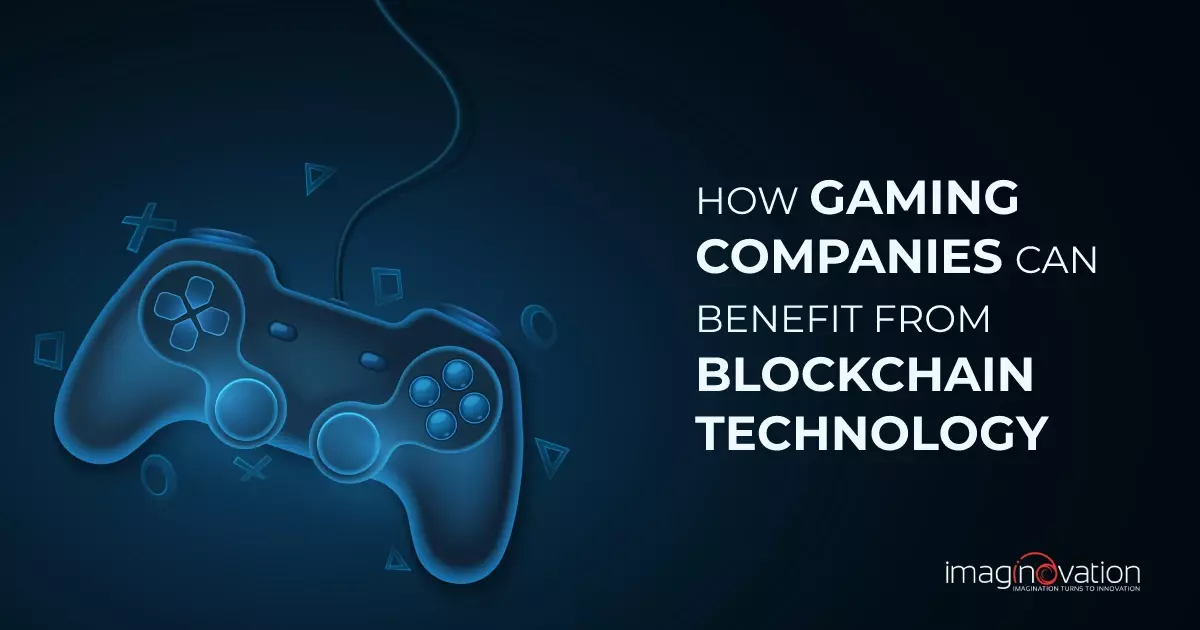CCCam HD Insights
Stay updated with the latest in streaming and tech.
Beyond Borders: The Global Impact of Blockchain Based Gaming
Explore how blockchain-based gaming is breaking barriers and reshaping the global landscape. Discover the future of play and profits!
How Blockchain Technology is Revolutionizing the Gaming Industry Worldwide
The revolutionary impact of blockchain technology on the gaming industry is reshaping how players interact with games and each other. By utilizing decentralized networks, developers can create in-game assets that are truly owned by the players rather than being controlled by game publishers. This shift allows for secure transactions and enhances player trust, as transactions are transparent and verifiable on a blockchain. Additionally, features like non-fungible tokens (NFTs) offer unique opportunities for gamers to buy, sell, and trade their in-game items in a marketplace driven by real-world value.
Moreover, the introduction of blockchain technology in gaming fosters a new era of play-to-earn models, empowering gamers to monetize their skills and time invested in the game. Players can now earn cryptocurrency rewards for in-game achievements, creating an ecosystem where gaming becomes not just a form of entertainment but also a viable source of income. As more developers embrace these innovative technologies, we can expect a significant transformation in gaming experiences, delivering unparalleled engagement and value to players worldwide.

Counter-Strike is a highly popular tactical first-person shooter game that has captivated millions of players worldwide. With its competitive gameplay and strategic elements, players often seek out ways to enhance their gaming experience. For example, you can use a rollbit promo code to gain some advantages in the game. The series has evolved over the years, with titles like Counter-Strike: Global Offensive continuing to dominate the esports scene.
The Benefits and Challenges of Blockchain Gaming: A Global Perspective
Blockchain gaming has emerged as a revolutionary force in the digital entertainment industry, providing numerous benefits that extend beyond traditional gaming paradigms. One of the most significant advantages is the decentralization of in-game assets, allowing players to truly own their digital property. This ownership model enables players to trade, sell, or even utilize their assets across different games, fostering a vibrant, player-driven economy. Furthermore, blockchain technology enhances transparency and security, ensuring that transactions and ownership records are tamper-proof. With the rise of Non-Fungible Tokens (NFTs), players are drawn into a new realm where their gameplay has tangible value, creating opportunities for earning real-world income through gaming.
However, the integration of blockchain technology within gaming also presents several challenges that developers and players must navigate. One major issue is the scalability of blockchain networks, which can struggle to handle the high transaction volumes that popular games demand, leading to longer wait times and increased fees. Additionally, while the promise of ownership and income potential is enticing, many players may lack the technical knowledge required to navigate blockchain interfaces or understand the intricacies of wallets and cryptocurrencies. Furthermore, regulatory uncertainties surrounding cryptocurrency transactions can create instability in the gaming market. As the industry continues to evolve, striking a balance between innovation and accessibility will be crucial to harnessing the full potential of blockchain gaming.
Can Blockchain-Based Gaming Bridge Cultural Gaps in the Digital Age?
In today's interconnected world, blockchain-based gaming has emerged as a powerful tool that transcends geographical boundaries and cultural differences. By leveraging decentralized networks, these games offer players a unique opportunity to engage with diverse cultures through interactive experiences. Not only do players from various backgrounds come together in virtual environments, but they also participate in a shared economy, where in-game assets can be traded and valued across different regions. This newfound accessibility promotes cultural exchange and understanding, ultimately bridging gaps that traditional gaming often fails to address.
Moreover, blockchain technology enhances the sense of community among gamers. Through the use of NFTs (Non-Fungible Tokens), players can create, own, and trade unique digital assets that reflect their cultural heritage or artistic expression. This ownership fosters pride and encourages users to share their stories, thereby enriching the gaming landscape with rich cultural narratives. As these games continue to evolve, they hold the potential to serve not only as entertainment but also as platforms for dialogue and connection among individuals of diverse backgrounds.